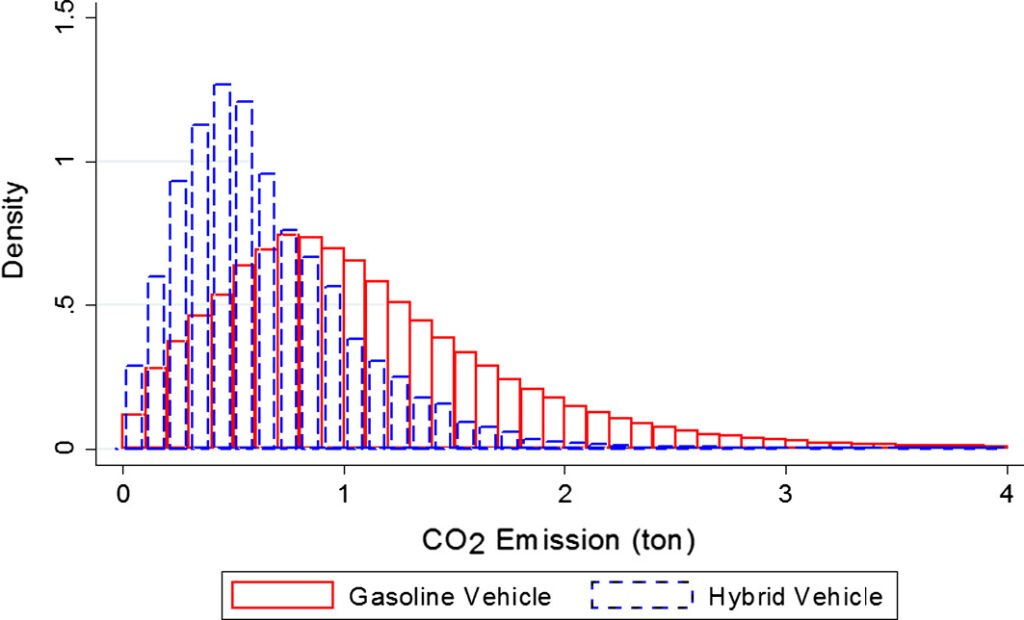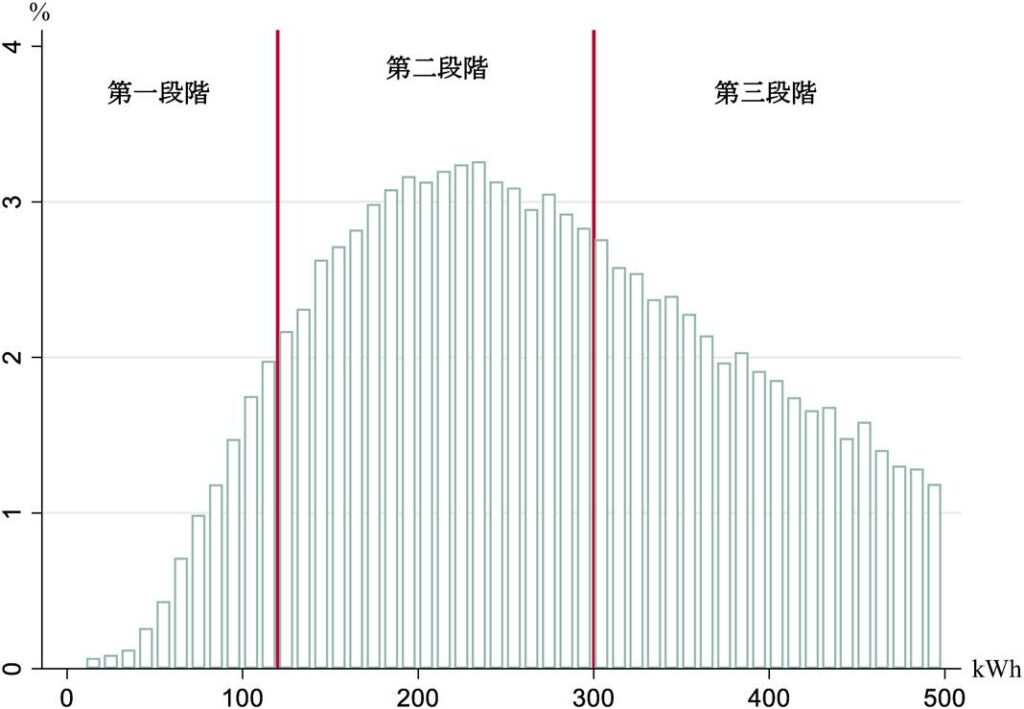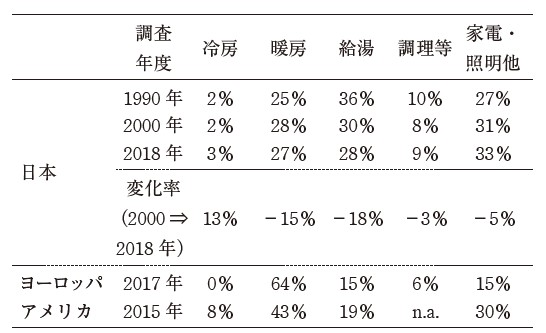In recent years, environmental awareness has increased, which is affecting consumer behavior and corporate activities. On the consumer side, we are seeing an increase in the number of products from companies that practice environmentally friendly production, even if they are somewhat more expensive, and the environmentally conscious market seems to be expanding. From the company's perspective, there are also situations in which it will be difficult to raise funds if environmentally conscious behavior is not adopted, so it can be said that consumer behavior is influencing corporate activities. However, depending on the household's economic situation, there are cases in which such consumer behavior is not possible, and it is easy to imagine that people will choose to simply purchase a cheap product. From the perspective of consumer cost burden, it is unknown how far the environmentally conscious market will expand, and I believe it will be difficult to solve the problem through individual consumer behavior alone.
On the other hand, from the perspective of corporate management, it is natural to want to keep production costs as low as possible. Even if the production process places a burden on the environment, there is no cost involved. Conversely, if you try to shift to a method that does not place a burden on the environment, it will cost you. Thinking about it this way, it is unlikely that all companies will voluntarily bear the costs to reduce the environmental burden of their production activities. In other words, I believe that a sustainable society cannot be realized simply by leaving environmental considerations entirely up to the discretion of companies. Some kind of environmental policy, such as regulations or taxation, is needed to encourage companies to take action, and it is at such times that the research findings of environmental economics are useful.
As mentioned above, environmental economics has two aspects: the environmentally conscious actions of companies, and the actions of consumers, such as how they evaluate and select products and services and the companies that provide them. I focus on consumer choices and try to find ways to reduce environmental impact.
[Average annual CO2 emissions hybrid vs. gasoline vehicles]

From K.Iwata, S.Matsumoto/ Transportation Research Part D 46(2016) 200-206
In addition, the book "Carbon Pricing in Japan (Springer 2020, Editors: Toshi H. Arimura and Shigeru Matsumoto)," edited by Professor Toshihide Arimura of Waseda University, won the 2021 Environmental Economics and Policy Studies Association Forum Award. "This is the first comprehensive research book on Japan's carbon pricing policy, and it is composed of an analysis of the effects of policies that have been introduced so far, as well as simulation analysis of policies currently under consideration, such as a national carbon tax and emissions trading system. It shows how to use it effectively while overcoming various challenges, and provides important insights, especially for government officials and policy makers in countries and regions seeking cost-effective measures. Furthermore, it is an educational book that meets the needs of not only researchers but also the general public who are interested in climate change issues and their solutions, and raises the importance of carbon pricing to society." This award is given to works in books, pamphlets, general magazines, etc. that are recognized as making a significant contribution to actively raising issues and raising awareness in the general public. The books in question are published in open access format, and as of May 2022, a year and a half after their publication in 2020, they have been downloaded more than 45,000 times.





